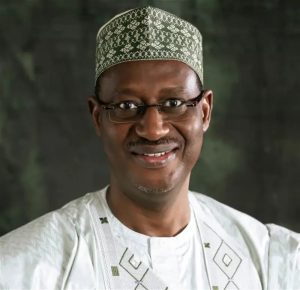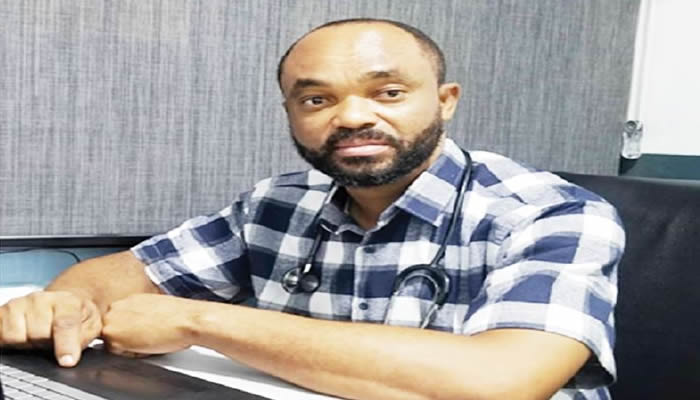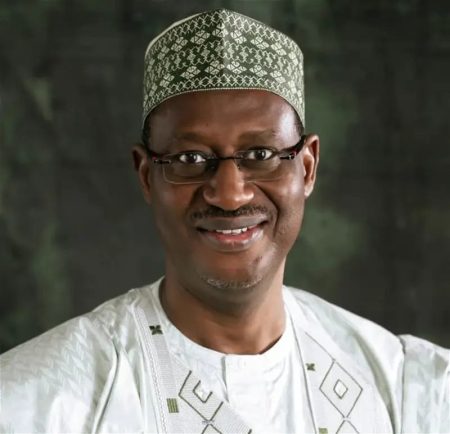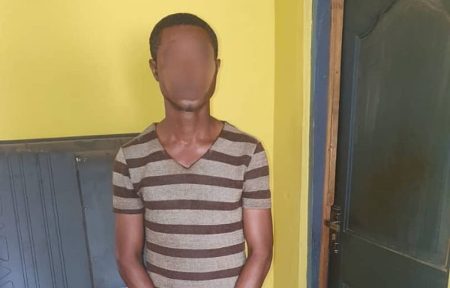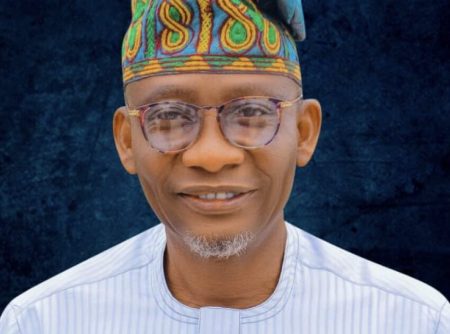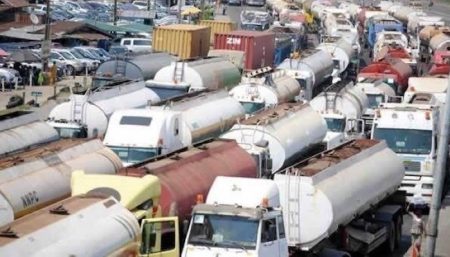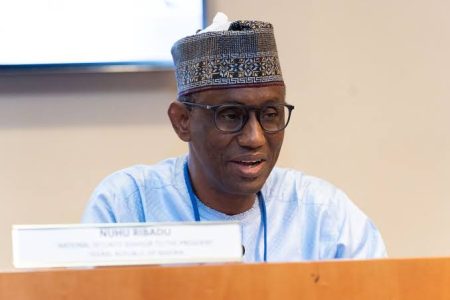The Unfulfilled Promise of Nigerian Democracy: A Legacy of Subversion and Economic Hardship
Nigeria’s democratic journey, marked by the annulment of the June 12, 1993, presidential election, stands as a stark reminder of the unfulfilled promise of true democratic governance. The Social Democratic Party (SDP), whose candidate, Chief MKO Abiola, was widely believed to have won the 1993 election, has consistently lamented the subversion of the people’s will and the enduring impact of this historical injustice on the nation’s political and economic landscape. The annulment, a blatant disregard for the electoral process and the rule of law, set the stage for the anti-democratic practices that continue to plague the country today. The subsequent years have witnessed a pattern of electoral manipulation, undermining the fundamental principle of a government chosen by the people. This denial of the popular mandate has had far-reaching consequences, hindering Nigeria’s progress and perpetuating economic hardship for its citizens.
The core tenets of democracy – government of the people, by the people, and for the people – have been consistently undermined in Nigeria’s political reality. From the Independent National Electoral Commission (INEC) to the judiciary, various institutions tasked with upholding the democratic process have often fallen short of their responsibilities. This has led to a deep sense of disillusionment among Nigerians, who feel their voices are not being heard and their choices disregarded. The lack of genuine representation and accountability has created a disconnect between the government and the governed, fueling cynicism and apathy towards the political system.
The economic hardships faced by ordinary Nigerians underscore the failure of successive governments to deliver on the promise of democracy. The soaring cost of essential goods, such as eggs and bread, serves as a stark reminder of the economic struggles faced by many. The exorbitant cost of air travel within the country, with a 45-minute flight from Enugu to Lagos costing upwards of ₦30,000, exemplifies the inefficiencies and lack of affordability in critical sectors. These economic realities further contribute to the sense that the benefits of democracy have not reached the majority of Nigerians, raising questions about the true nature and purpose of the current system.
The SDP argues that Nigeria’s present predicament is a direct consequence of the denial of the 1993 mandate, a missed opportunity to chart a different course for the nation. Had Abiola been allowed to assume office, they contend, Nigeria would likely be in a far better position today. The current state of affairs, marked by economic hardship and widespread disillusionment, underscores the cost of neglecting the people’s will. The inability to afford basic necessities and the exorbitant cost of transportation are just some of the visible manifestations of a system that has failed to deliver on its democratic promises.
The SDP advocates for continuous advocacy, mobilization, and sensitization of the populace as the way forward. They believe that by empowering the people with information and encouraging their active participation in the political process, a genuine change can be achieved. Their focus on voter education and grassroots mobilization aims to create a more informed and engaged citizenry, capable of holding their leaders accountable and demanding good governance. They view the upcoming 2027 elections as a crucial opportunity to rectify the historical injustices and set Nigeria on a path towards true democratic governance.
The party’s commitment to these principles stems from the belief that true democracy must be rooted in the will of the people. They argue that only through a system that genuinely reflects the choices and aspirations of its citizens can Nigeria achieve its full potential. Their continued efforts seek to restore faith in the democratic process and empower Nigerians to take control of their own destiny. The 2027 elections represent a critical juncture for Nigeria, an opportunity to break free from the cycle of subversion and economic hardship and embrace a future founded on the principles of genuine democracy.



